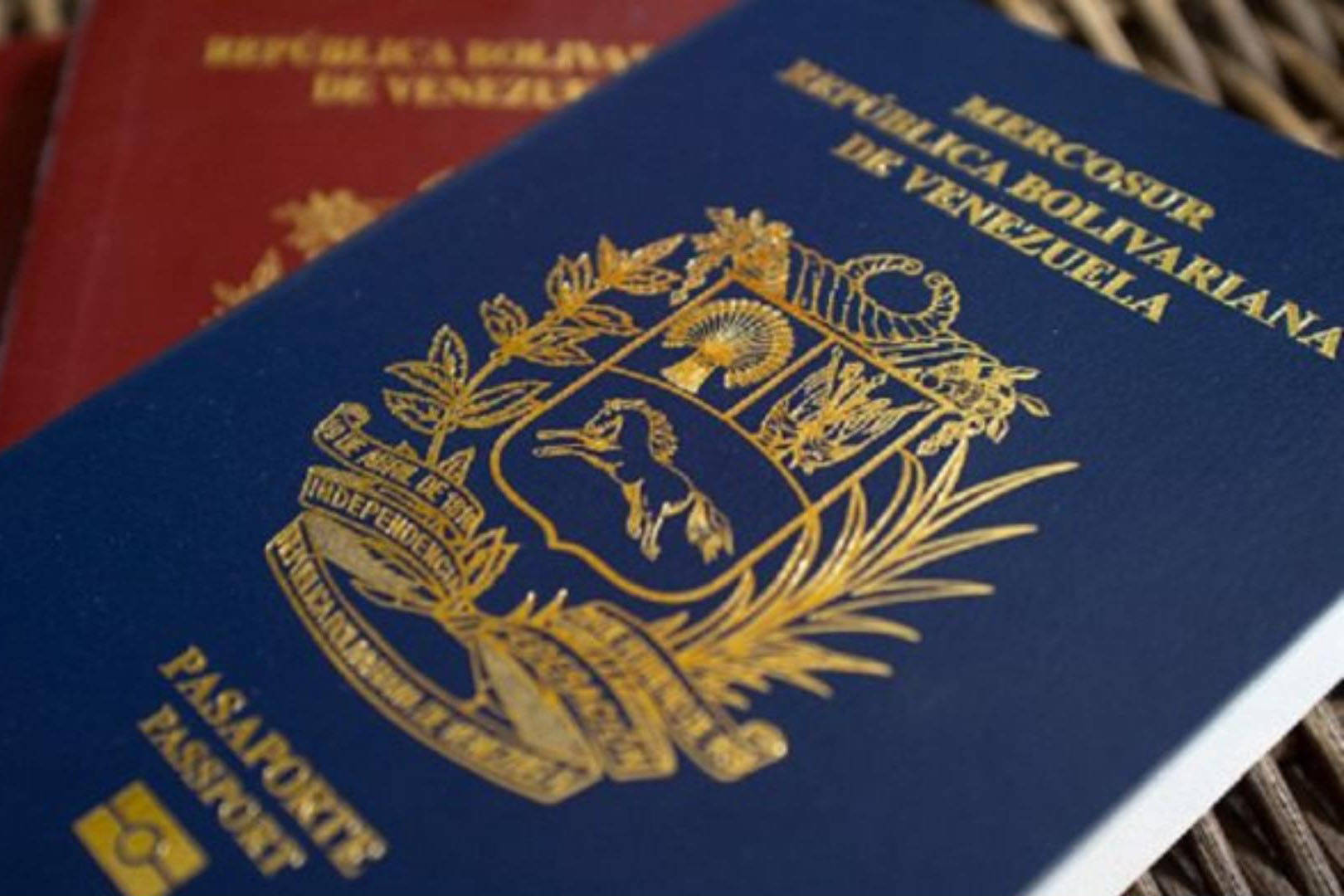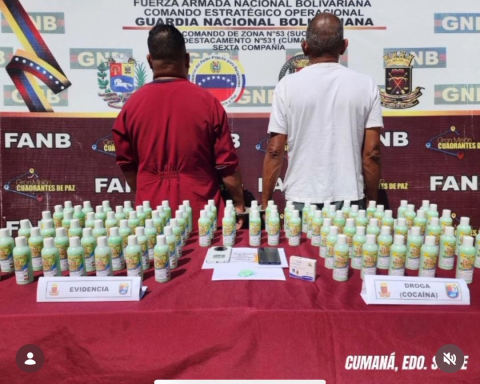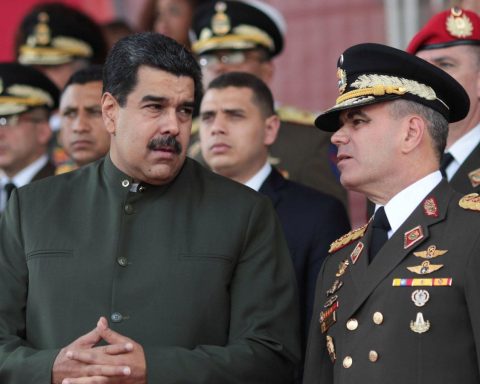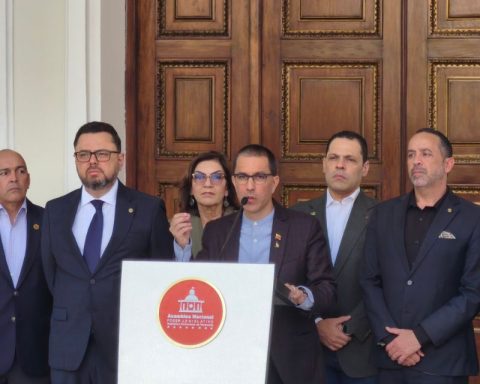For the Global Network of the Venezuelan Diaspora, there is a “new geography” of Venezuelans on five continents for whom “there is no inside and outside.” In July of this year alone, 16,000 Venezuelans passed through the Darien jungle; in total there are 49 thousand the first semester. “Not only do we have the map of Venezuelans, but also the map of the organizations of Venezuelans in the world,” says sociologist Tomás Páez. Unlike the International Organization for Migration, which concentrates its monitoring in 17 countries in the region, the Venezuelan Diaspora Observatory has data on Venezuelans in 90 countries, explains the ODV coordinator
Venezuela heads the list of migrants and refugees worldwide, with more than 6.8 million people, according to figures from the Interagency Coordination Platform for Refugees and Migrants from Venezuela (R4V). According to the Venezuelan Diaspora Observatory (ODV), the figure rises to at least 7,350,000.
To date, the data from the ODV investigations have been well above the statistics presented by agencies of the United Nations Organization (UN), but now the difference is beginning to narrow.
Tomás Páez, coordinator of the ODV and member of the Global Network of the Diaspora of Venezuela, explained this week to the Voice of America that since 2013 his team has collected information on Venezuelan migrants, which constitutes a great challenge, especially due to the lack of information, and has noticed discrepancies in the figures reported by different organizations.
According to the International Organization for Migration (IOM), the majority of Venezuelans are concentrated in 17 countries in the region. Páez assures that his organization has information on Venezuelans in 90 countries around the world.
“The IOM recently had (reports of) 5.6 million (of Venezuelans in the diaspora), later it rose to 6.1 million and after learning about the data from Colombia, which we already handled, it had to go up to 700,000 people” , affirmed Páez, a sociologist and professor at the Central University of Venezuela.
“We have (information on) Venezuelans in India, in China, who do not appear in these records. We have Venezuelans in the five continents. We have the map of the organizations of Venezuelans in the world », he deepened.
The network, which has been woven with Venezuelan organizations around the world, every four months consolidates information on the dynamic migration process that is “recomposing.” The ODV looks for where the migrants are and tries to understand their realities, the reasons why they left and their willingness to return, Páez said.
The team manages the migration of Venezuelans by cities, explained Páez. “People don’t migrate to countries, people don’t migrate to Colombia, people migrate to Barranquilla, to Bogotá, to Cali, to Cúcuta. The effects are differential. Ours is not to have the data, but it is a job to build the platform that connects Venezuelans in the new geography », he stressed.
For the sociologist, it is difficult to determine what the migratory behavior will be in the coming months, but he considers that the absence of guarantees and the precarious situation in which the country finds itself indicate that “it is very likely” that migration will continue to grow.
“At what pace? Anything I tell you and anything anyone else tells you is speculation. The future is uncertainty,” Páez said. Until 2015, an average of 120,000 people left Venezuela per year, but as of 2016, the number multiplied every year, even despite the coronavirus pandemic, he said.
Global network
The Global Network of the Diaspora of Venezuela is an organization that seeks to help Venezuelan migrants through the promotion of integration mechanisms that “strengthen and make more effective” the efforts of diaspora organizations that support Venezuelans.
For the Network, there is a “new geography” in which “there is no inside and outside,” Páez assured VOA.
“They are organizations that are connected, that are identifying projects to continue advancing and continue thinking and building the recovery process in Venezuela,” he explained. «There are constant, daily relationships, phone calls, remittances, medicines, food, exchange of information. That is an unstoppable dynamic, the inside and the outside do not exist », he said about diaspora organizations.
Juan Guaidó, recognized as interim president of Venezuela by dozens of countries, reacted to the most recent update of data from UN agencies on the number of Venezuelans who have emigrated, assuring that “the Maduro regime is the cause of this tragedy that it will stop until democracy is restored in Venezuela.”
“It is urgent to channel more aid to serve millions of vulnerable Venezuelans and continue pressing for a solution to the crisis in our country,” Guaidó wrote on Twitter.
According to the most recent report of the National Migration Service of Panama, of the 71,012 migrants who crossed the Darién jungle during the first seven months of the year, 63%, that is, almost 45,000, are Venezuelans.
According to statistics, in July 16,864 Venezuelans crossed the jungle located on the border between Colombia and Panama, marking the month with the highest flow so far this year.
Post Views:
114















